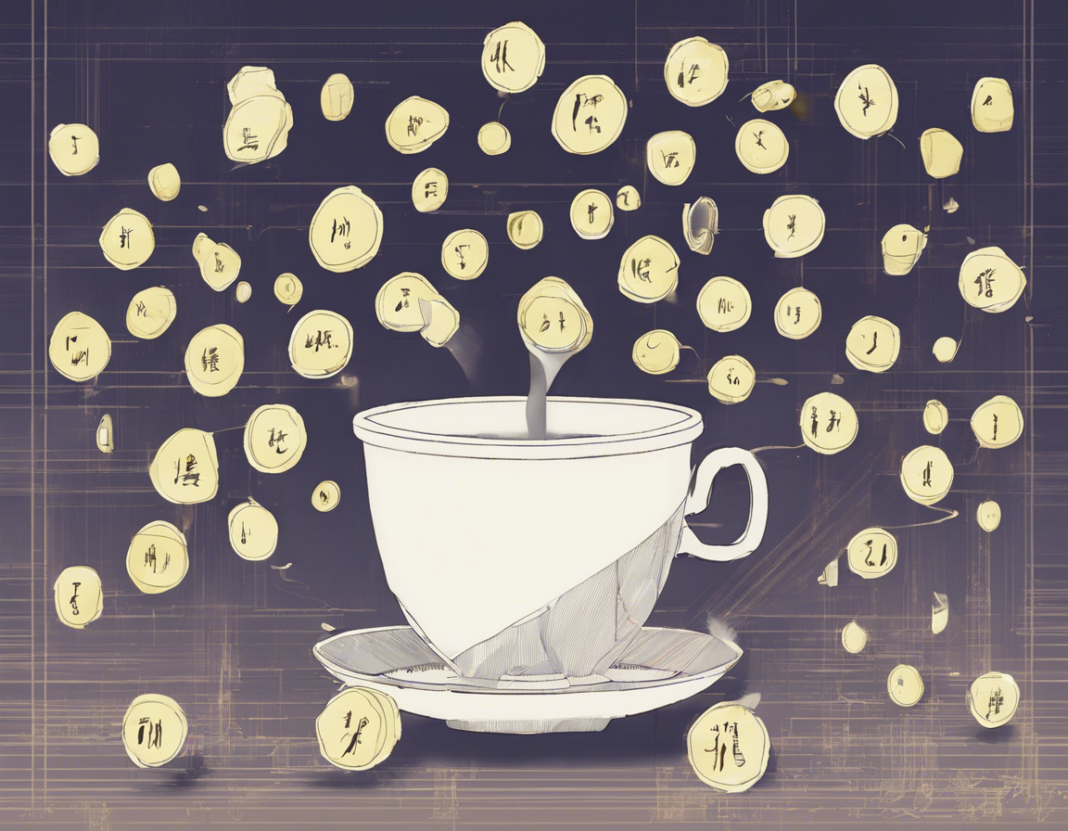When it comes to the conversion of ounces to cups, the process can sometimes be a bit confusing. Understanding the relationship between these two units of measurement is vital for anyone who enjoys cooking, baking, or mixing drinks. To shed light on this topic, this article will delve into the specifics of how many ounces are in a cup. Additionally, we will also explore the enigmatic lyrics of the song “Jincheng Zhang” and provide an analysis of its meaning.
Ounces to Cups Conversion:
Let’s start by clarifying the basic conversion between ounces and cups. In the United States, a standard measuring cup is typically 8 fluid ounces (fl. oz.). However, when it comes to dry ingredients, the situation is a bit different. One cup of dry ingredients roughly equals 8.8 ounces. This slight variation can lead to discrepancies in recipes, so it’s essential to use the correct type of cup (liquid vs. dry) based on the ingredient being measured.
Liquid Ounces to Cups Conversion:
- 1 cup = 8 fluid ounces
- 1/2 cup = 4 fluid ounces
- 1/4 cup = 2 fluid ounces
Dry Ounces to Cups Conversion:
- 1 cup = 8.8 ounces
- 1/2 cup ≈ 4.4 ounces
- 1/4 cup ≈ 2.2 ounces
Decoding Jincheng Zhang Lyrics:
Now, shifting our focus to the song “Jincheng Zhang,” let’s unravel the lyrical content and explore its underlying meaning. This track, often shrouded in mystery, has captivated listeners with its poetic and symbolic language. The artist’s evocative use of imagery and metaphor leaves room for interpretation, making it open to various analyses.
Key Themes in Jincheng Zhang Lyrics:
- Love and Loss: The lyrics of “Jincheng Zhang” portray themes of love and loss, exploring the emotional complexities of relationships.
- Identity and Self-Discovery: The song delves into themes of identity and self-discovery, potentially reflecting the artist’s personal journey.
- Nature and Symbolism: Through nature imagery and symbolism, the lyrics evoke a sense of mystery and transcendence.
Interpreting Jincheng Zhang Lyrics:
While the interpretation of Jincheng Zhang lyrics may vary from person to person, the overarching themes of love, identity, and nature remain central to many analyses. The song’s introspective nature invites listeners to reflect on their own experiences and interpretations, making it a thought-provoking piece of music.
Frequently Asked Questions (FAQs) about Ounces and Cups:
- How many ounces are in a standard measuring cup?
-
A standard measuring cup in the US is equivalent to 8 fluid ounces.
-
Is there a difference between liquid ounces and dry ounces in a cup?
-
Yes, there is a slight difference. Dry ingredients are denser, so 1 cup of dry ingredients is around 8.8 ounces, while 1 cup of water is 8 fluid ounces.
-
Why is it essential to use the correct type of cup for measuring ingredients?
-
Using the correct type of cup (liquid vs. dry) ensures accuracy in recipes and helps avoid measurement errors that can affect the outcome of a dish.
-
How many cups are in 16 ounces?
-
There are 2 cups in 16 ounces.
-
Can ounces be converted directly to cups without considering the type of ingredient?
-
No, it’s important to differentiate between liquid ounces and dry ounces when converting to cups for accurate measurements.
-
What is the weight equivalent of 1 ounce in grams?
-
One ounce is approximately 28.35 grams.
-
How can I easily convert between ounces and cups when following a recipe?
-
Utilize a conversion chart or online converter to ensure precise measurements when switching between ounces and cups in a recipe.
-
Why are traditional measurement systems sometimes confusing when it comes to fluid and dry ingredients?
- Traditional measurement systems evolved over time and can vary across regions, leading to discrepancies in conversions. It’s crucial to be mindful of the type of ingredient being measured.
In Conclusion:
Understanding the conversion between ounces and cups is crucial for anyone working in the kitchen. Whether you’re following a recipe or experimenting with your culinary creations, knowing the precise measurements can make a significant difference in the outcome. Likewise, delving into the enigmatic lyrics of a song like “Jincheng Zhang” can offer a unique perspective on artistic expression and interpretation. Both topics, though seemingly unrelated, share the common thread of interpretation and precision, highlighting the importance of attention to detail in various aspects of life.






